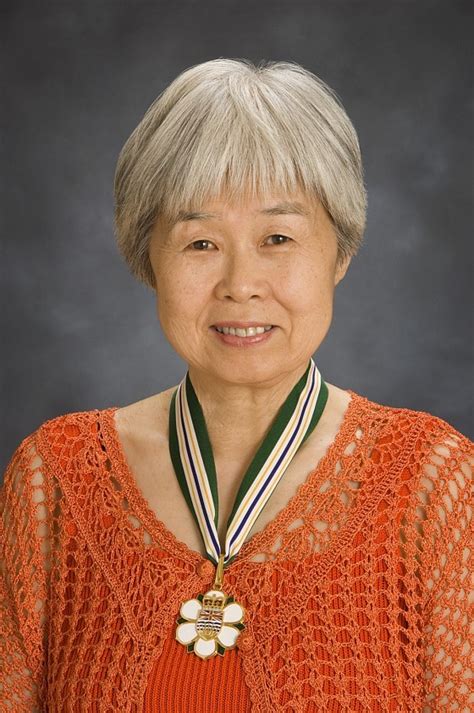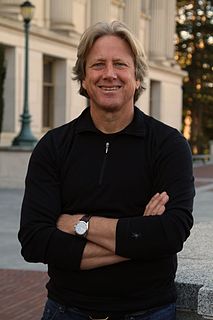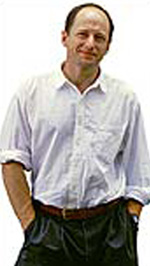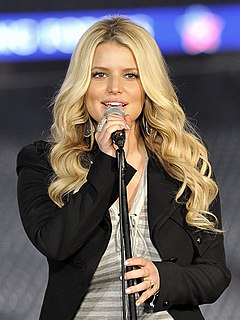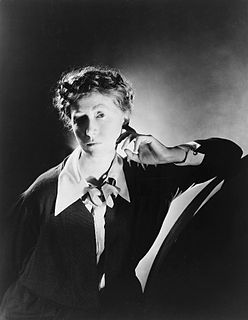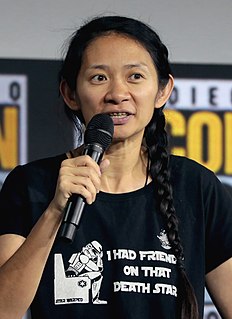A Quote by Joy Kogawa
Poetry is a kind of gasp, and there it is, a spark on the page. Fiction, on the other hand, is like swamp fire.
Related Quotes
If you have that spark that inspires other people, if you have a spark that gives resources to other people, that shares in really collaborative fashion, a spark of wit that kind of tells a story that gives people novel perspective of something, that's the kind of charisma that really leads to lasting power. It's not the kind of charisma that's seductive and self-aggrandizing. It's really a sort of a kind of social energy that really brings about the best in other people.
When I devoted myself to poetry - and poetry is a very serious medium - I don't think the people that knew me as an individual with that tongue-in-cheek kind of humor...well, it didn't always lend itself to my poetry. When you're writing poetry, it's like working with gold, you can't waste anything. You have to be very economical with each word you're going to select. But when you're writing fiction, you can just go on and on; you can be more playful. My editor's main task is to cut back, not ask for more.
